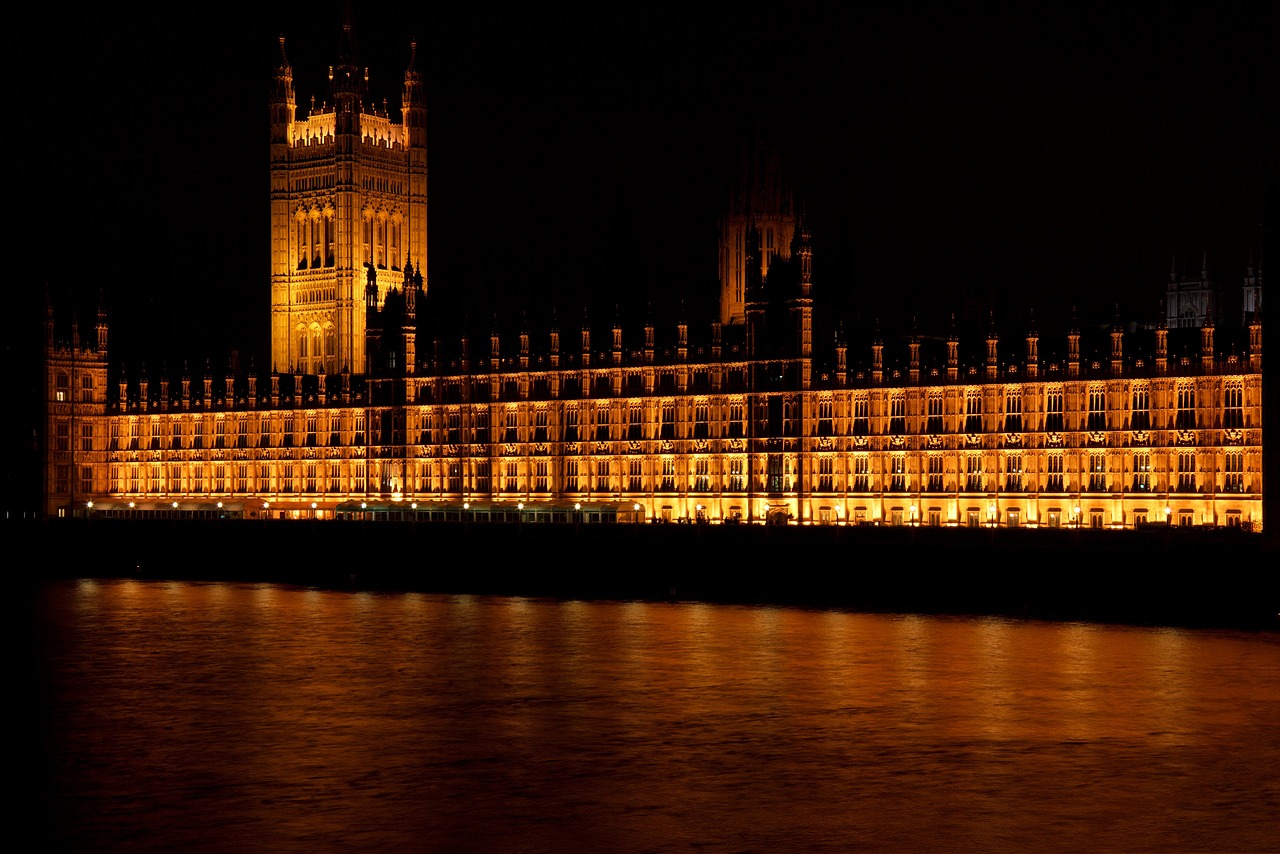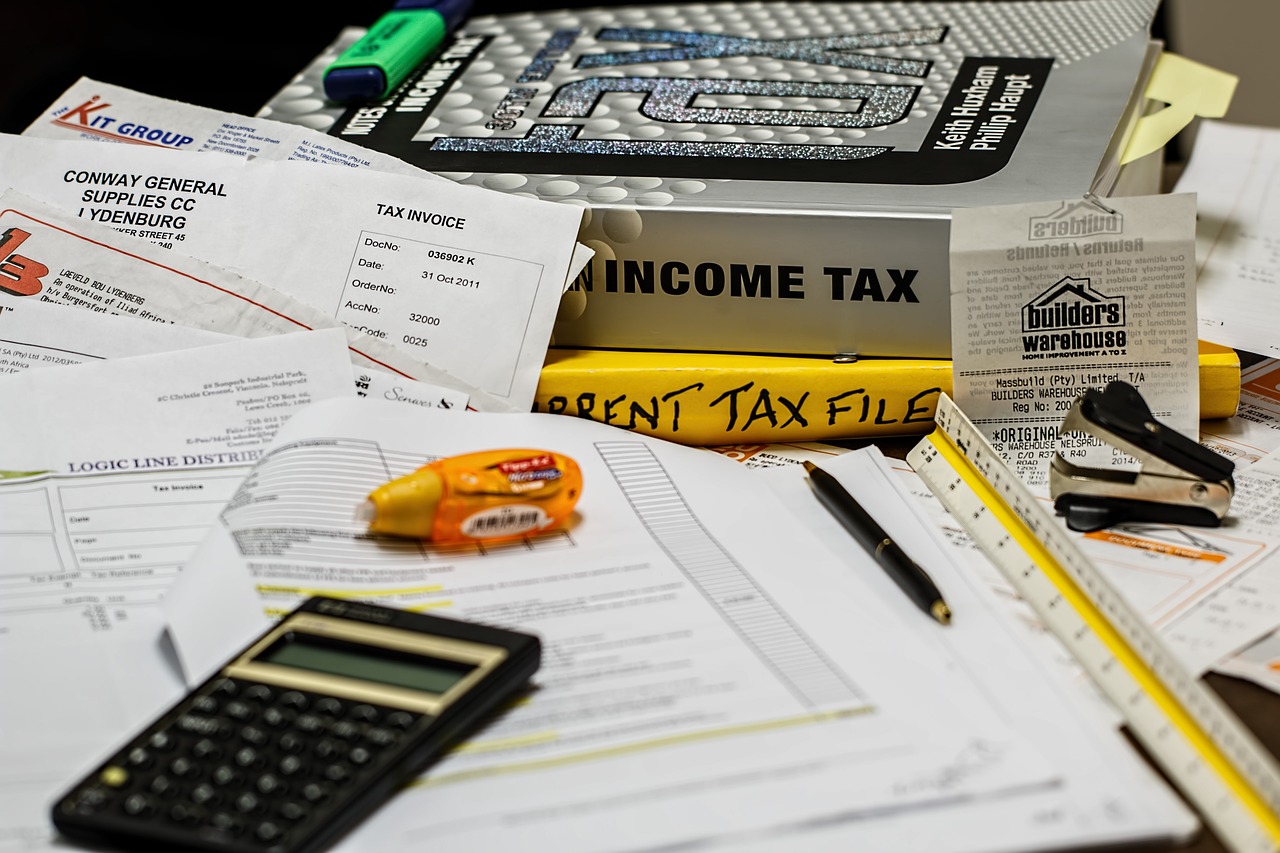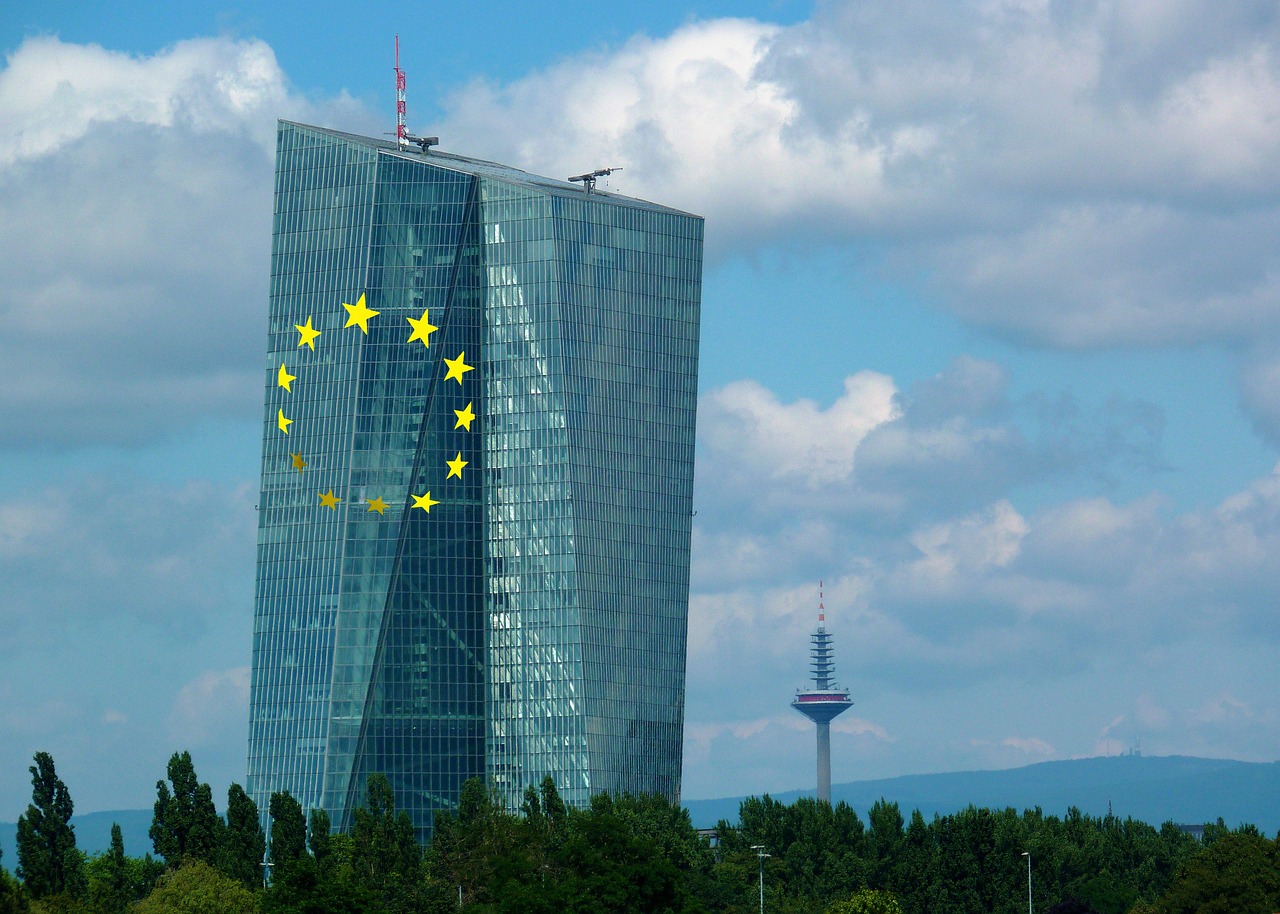
A country's economy is shaped and kept stable in large part by fiscal policy. It refers to how the government uses spending and taxation to affect the economy as a whole, with the main objectives being to encourage sustainable growth, lower unemployment, and manage inflation. The government can have a big impact on different economic elements by changing its revenue and spending.
Taxation is one of the major instruments of fiscal policy. Taxes paid by citizens and companies help the government raise money, which is subsequently used to pay for public goods and services. The government can stimulate or dissuade investment and consumption by changing tax rates. To avoid overheating and excessive inflation during economic expansion, higher tax rates may be implemented. On the other hand, lowering tax rates during economic downturns can encourage consumer spending and company investment, giving the economy a lift.
Another essential element of fiscal policy is government spending. The government can raise expenditure on infrastructure projects, social welfare programs, and other efforts to stimulate demand and create jobs when the economy is experiencing a recession or downturn. This financial boost to the economy may have a multiplier effect, whereby the initial rise in government expenditure results in increased revenue and spending throughout the economy.
Although excessive government expenditure can result in budget deficits and public debt, fiscal policy must be properly handled. The government may need to borrow money to make up the difference if it continuously spends more than it brings in through taxes. The accumulation of public debt as a result over time may harm the economy by increasing interest rates, reducing private investment, and possibly creating future fiscal limitations.
Furthermore, timely implementation and goal alignment with the larger economic backdrop are essential for fiscal policy to be effective. The efficient implementation of fiscal reforms might be hampered by external variables, bureaucratic inefficiencies, and political considerations.
Fiscal policy can be used to maintain a balanced budget and foster an atmosphere that is conducive to private investment and entrepreneurship during periods of economic stability. This in turn encourages sustainability and long-term growth. Fiscal policy makes a substantial contribution to economic stability by reducing economic swings and creating a stable environment for firms and consumers.
The Use Of Government Spending And Taxation In Influencing Economy Performance

Government tax spending depends on the critical areas of the country’s economy. The amount of challenges in a country’s environment determines how the tax payer’s money will be spent. In the United States for example, spending can be divided into three parts: interest on federal government debt, discretionary spending, and mandatory spending. Every year, the president prepares a through the two legislative houses, channelling the funding to relevant areas of the economy using a scale of need.
In the United States, mandatory spending takes the biggest portion of the budget, followed by discretionary spending. Because government spending is sometimes often exceed revenues, the government is compelled to cover the financial gap with the debts. According to available statistics from the United States federal reserve, shows that $338 billion were moved to path of federal debt in 2020.
Conclusion
Fiscal policy is an essential weapon in the government’s toolbox for promoting economic growth and stability. The government can affect economic activity, manage inflation, and lower unemployment through changing tax rates and spending. However, to make sure that fiscal policy continues to be effective in accomplishing its objectives without endangering long-term fiscal health, cautious management and a thorough grasp of the economic backdrop are needed. Fiscal policy, when used effectively, can foster an atmosphere of prosperity and stability for a country’s economy





